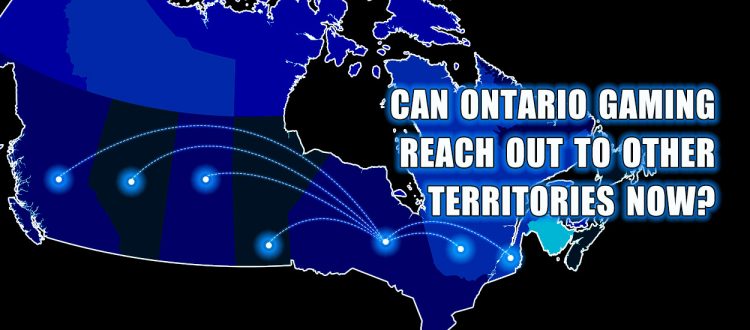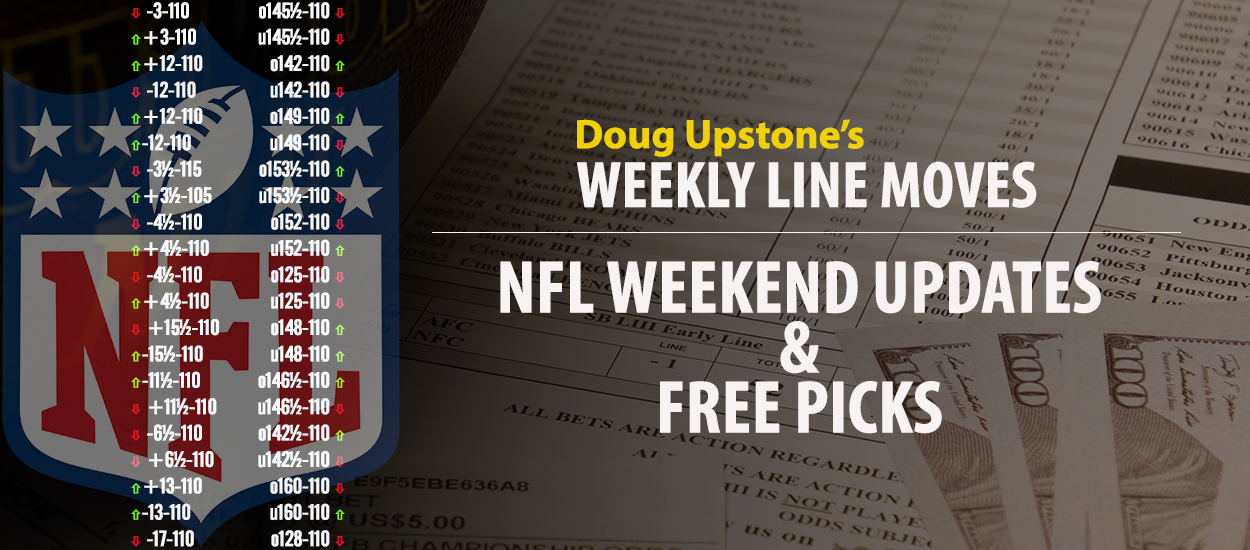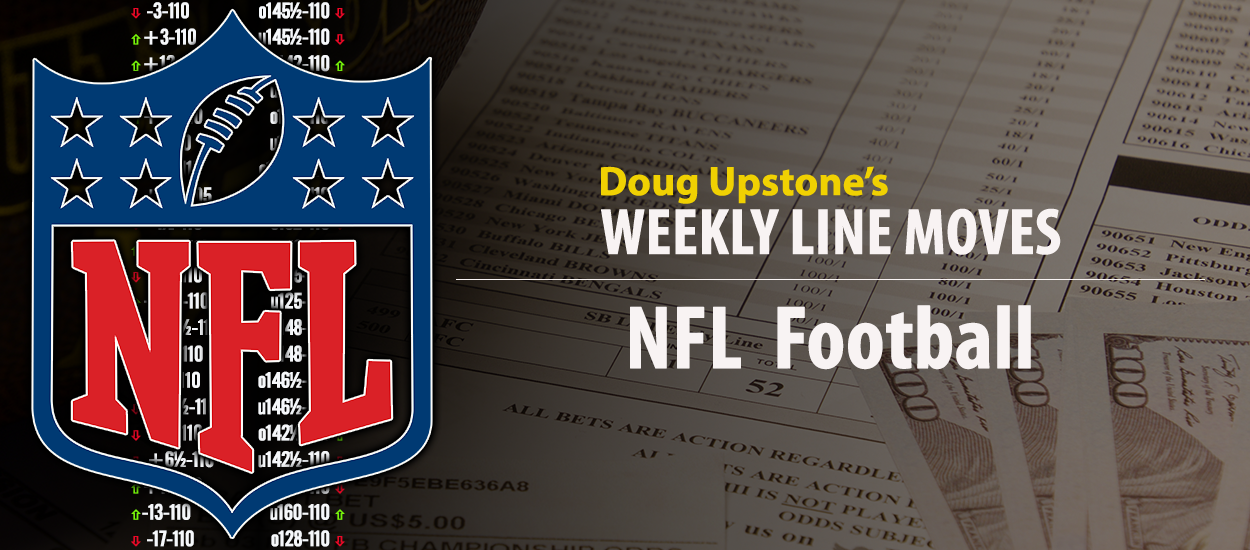Cross-border online gambling could bring back DFS and boost Poker
One of the topics discussed at the Canadian Gaming Summit this year was the idea of allowing Ontario’s regulated gambling websites to set up agreements with other jurisdictions to increase player pools and liquidity for poker rooms, which are struggling to fill tables. Cross-border online gambling agreements would also allow daily fantasy sports (DFS) to start up again after it was shut down in the province in 2022.
In January the Ontario government sent a letter to the Ontario court of appeals with the following question:
“Would legal online gaming and sports betting remain lawful under the Criminal Code if its users were permitted to participate in games and betting involving individuals outside of Canada? If not, to what extent?”
 The full reference letter can be found here. The reason the reference was sought from the court of appeals is that they have the final ruling, so Ontario is hoping to bypass having to go through lower courts. Thus, if they are told there are no issues, they can start looking to other jurisdictions ASAP.
The full reference letter can be found here. The reason the reference was sought from the court of appeals is that they have the final ruling, so Ontario is hoping to bypass having to go through lower courts. Thus, if they are told there are no issues, they can start looking to other jurisdictions ASAP.
The answer to the question would ultimately rest with the interpretation of the federal law on gambling found in the Canadian criminal code under sections 206 and 207. But the province, rather than wanting a simple yes or no response, wants the courts to see if there is a way to make it legal, should the answer be no. In many ways this was also the route Ontario took to get permission to launch their open online gambling market in April 2022.
Online gambling market in Canada
For some background, when Ontario created an open market for sports betting in April 2022, one of the requirements was that operators must obtain an iGaming Ontario license. The license required all gambling from that site to be conducted strictly within Ontario borders and that the site would follow strict rules on age restrictions, geolocation and responsible gambling tools and that 20% of all profits would be given to the province. While sports and casino gambling has been very successful in the province raking in over $2.6 billion in revenue in the 2023-2024 year, the same can’t be said for poker.
Over $63 billion was wagered during that period, which included $51.7 billion on casinos, $9.7 billion on sports and only $1.6 billion on poker. And the revenue for poker was only $67 million, hardly making it worthwhile, especially considering each of MGM, PokerStars, GGPoker, Party Poker and 888 have to split up the revenue and players. The province of Ontario has a population of nearly 11 million citizens over the legal gambling age of 19, which is simply too small and fragmented for poker, fantasy sports or even a betting exchange from being successful.
It’s not a unique problem to Ontario either.
In the United States, only New Jersey, Connecticut, Delaware, Rhode Island, Michigan, Pennsylvania and West Virginia have legal online poker but Pennsylvania still requires all betting on poker to remain in state while Connecticut and Rhode Island do not have any poker operators as of yet. So, New Jersey, Nevada, Delaware, West Virginia and Michigan have set up a Multi-State Internet Gaming Agreement which is legal under the commerce clause to allow residents of all those states to play in the same online poker games and tournaments. Together they have just over 25 million residents and less than 20 million over the legal gambling age of 21. And by all accounts tables are mostly empty and tournaments are very small because they just don’t have the revenue to justify million-dollar tournaments which are popular in other countries and used to be the norm on PokerStars and Full Tilt before Black Friday.
Thus, it wouldn’t be surprising if the states involved in that agreement are looking at Ontario’s request for a reference to see if there is something they can do to get involved. Those states are wondering if they could somehow allow betting on poker from outside the United States as well, although U.S. law is drastically different than Canadian law.
That said, the United States does allow comingled pools on horse racing, not only with tracks in Canada, but also tracks in Europe, Australia, South Africa, Jamaica and parts of Asia. So, there can be an argument made that the rules that allow states to mingle pools for horse racing should be applied for other legal betting products as well. It is estimated that there are over 100 million online poker players worldwide and analyst estimates suggest there will be over $237 billion bet annually on the game by 2030.
As for Daily Fantasy Sports (DFS), lack of volume is even more concerning and is why it was ended by FanDuel and DraftKings in the province in 2022. DFS is popular in the United States since almost every state has legalized it and the rules that disallow betting between states for sports betting and poker don’t apply to DFS.  So, with a pool of over 200 million potential players in the U.S. and several hundred million more worldwide, fantasy sites like FanDuel, DraftKings and Underdog Fantasy don’t have an issue filling contests. But for only the population of Ontario, DFS simply isn’t feasible.
So, with a pool of over 200 million potential players in the U.S. and several hundred million more worldwide, fantasy sites like FanDuel, DraftKings and Underdog Fantasy don’t have an issue filling contests. But for only the population of Ontario, DFS simply isn’t feasible.
Consequently, when FanDuel and DraftKings launched an Ontario sportsbook and casino, they announced that they were stopping DFS in the province and all existing Ontario DFS accounts would be closed. This caused a lot of upset with Ontario DFS players who loved betting on fantasy sports, and the backlash that accompanied it is likely one of the main reasons the current Ontario government is seeking a way to make it viable for operators again. I asked representatives from FanDuel and DraftKings when they may consider relaunching DFS in Ontario and the response was the same from both “we’ll consider it when it makes sense.” No doubt leaving Ontario was a difficult decision for them since records show Ontario was one of the biggest markets for both sites for DFS. I also contacted Underdog Fantasy to find out if they would apply for a license if DFS was legalized with international players, but they didn’t respond.
The ability to play with international bettors would also make betting exchanges more feasible and may even convince Flutter Entertainment, which operates FanDuel and PokerStars in Ontario, to open the Betfair betting exchange to Ontario residents. Right now, only STX legally offers a betting exchange in the province, but it appears they have next to no customers. When Betfair was legal in Canada, however, the product was immensely popular and the company only left the Canadian market because Paddy Power merged with Betfair and Paddy Power refused to be in any grey markets. But Flutter has since taken over Paddy Power-Betfair and if Ontario were no longer a grey market, there is little doubt they would at least consider offering the exchange to legal customers in Canada again.
How will the court rule?
I spoke with Michael J. Lipton, a gaming lawyer and senior partner at Dickinson-Wright and who has also been an authority on gaming law for over 30 years to see how he believed the court will rule.
“We believe that there is no prohibition preventing an authorized government operator, in this case iGaming Ontario, from using its agents, i.e. licensed gaming operators to create a pool for players from outside of Canada, provided these jurisdictions meet the same criteria and processes that are required in Ontario. Any agreements will have to work out issues of taxes, age restrictions, etc. if they are different in each location.”
Lipton gave an example of Ontario creating an agreement with New Jersey to share liquidity, and when I asked whether U.S. law would allow Canadian governments to enter into pools with U.S. states he replied “the issue of a reference has been going on for some time and no doubt iGaming Ontario would have had discussions with U.S. states, so if there was a concern that prevented it, we almost certainly would have heard about it by now.”
 Other provinces were given the chance to weigh in on the reference request and the provinces of British Columbia, Manitoba, Saskatchewan, and the ALC, which represents the four Atlantic provinces, stated their objections and asked that the request be denied, since it could lead to the proliferation of illegal gambling in the provinces they operate. In better words, they are worried that more residents from their provinces will sign up with international companies to bet into the Ontario markets.
Other provinces were given the chance to weigh in on the reference request and the provinces of British Columbia, Manitoba, Saskatchewan, and the ALC, which represents the four Atlantic provinces, stated their objections and asked that the request be denied, since it could lead to the proliferation of illegal gambling in the provinces they operate. In better words, they are worried that more residents from their provinces will sign up with international companies to bet into the Ontario markets.
What they didn’t say, of course, is that because none of those provinces currently has an open market like Ontario, which requires them to be licensed by the province to be legal, their citizens are already playing into international pools for PokerStars, Party Poker, etc. and betting at international sites like Bet365.com, 888.com and other companies that are legally allowed to take bets worldwide from the servers in the countries they operate. It’s important to note that Bet365, PokerStars and other companies that are licensed in Ontario operate as a separate entity in the province from their international operations. Moreover, residents of the other provinces can play daily fantasy sports without hindrance, so the other provinces really have nothing to lose by opposing it. That said, the full text of British Columbia’s objections were just made public and Sam MacLeod, the head of B.C.’s Gaming Policy and Enforcement Branch noted that an investigation they launched showed that many websites that had an iGaming Ontario license were still targeting B.C. residents, despite the province’s belief that the only legal form of gambling is with Playnow.com, which is British Columbia and Manitoba’s casino and lottery operator. Lipton, however, feels that the other provinces will no lose or gain anything if Ontario is given the right to pool liquidity with other non-Canadian jurisdictions.
“The rest of Canada has been carrying on in this manner for a long time and the Ontario websites would not be able to create liquidity with provinces that aren’t on board, so I don’t understand how sharing liquidity with a place like New Jersey can worsen what is going on in Canada, since those other provinces will not be able to participate what is going on in this new regime. As for the provinces being concerned about offshore operations offering products to their residents, they have proven tools available to them to stop it, and the coalition of lottery corporations have civil remedies available but they have chosen not to use them. So, it is confusing why they are going after Ontario.“
Notably missing from the written objections asking the court to deny Ontario’s request are the provinces of Alberta and Quebec, which by all accounts are preparing to emulate the Ontario model sometime in 2025. So, they no doubt will be in the same boat as Ontario and will be hoping to allow gamblers from outside Canada to play into their pools to maximize volume and continue having a lucrative online poker and daily fantasy sports industry. There is also a question as to whether Ontario, Alberta and Quebec could set up their own smaller betting pool if all have an open market, but Lipton said that is specifically allowed under section 206 of the Criminal Code so there would be no issue in that respect.
The response to Ontario’s question to the court of appeal is expected to be announced in November and if Lipton and other gambling analysts I spoke to are right, then the court will likely tell Ontario that there is nothing in the criminal code that prevents cross-border play and that they can go ahead with the plan. The federal government could step in with intervenor status if they feel Ontario is out of line, but Lipton mentioned that the feds have no skin in the game and gave up their rights to affect gambling law in the 1980s when, they allowed provincial lotteries to run their own gambling regimes in exchange for giving $10 million per year to the feds and more recently when the federal government agreed to remove the prohibition on single game sports betting at the request of the provinces.
So, the Ontario Court of Appeals will rule in three months whether Ontario can include international bettors to increase liquidity for successful launches of poker and DFS in the province. If B.C., Manitoba, Saskatchewan and the Atlantic provinces have their way the response by the court of appeal will be ‘no, you can’t do that and the topic is closed for discussion’, but it seems the courts may be leaning the other way. If that is indeed what happens, then Ontario bettors may soon be able to wager on large poker tournaments and daily fantasy sports again and that will be a big boost to players who miss DFS and are tired of finding only empty tables when they want to play online poker.
Read articles on sports betting and the North American gambling industry from Hartley Henderson here at GamblersWORLD.

















